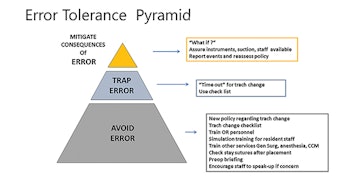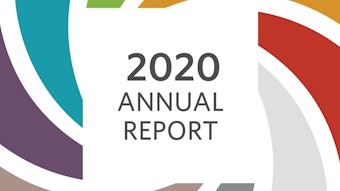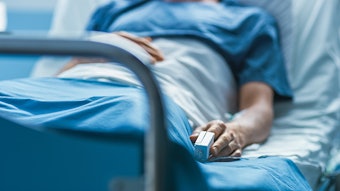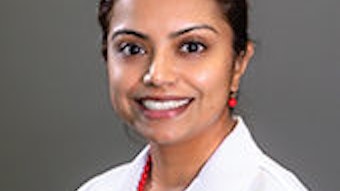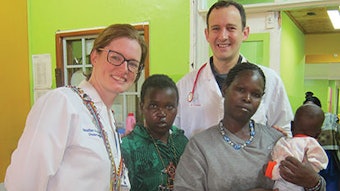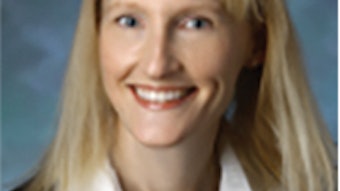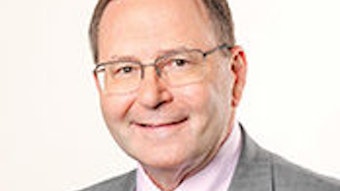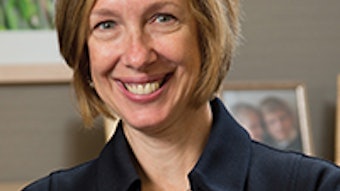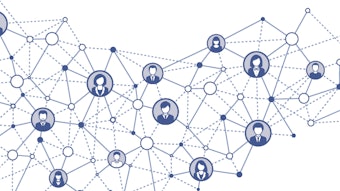Spotlight: Humanitarian Efforts – Tamer A. Ghanem, MD, PhD
The Spotlight on Humanitarian Efforts recognizes AAO-HNS members who are contributing their time and expertise to otolaryngologic patient needs around the globe. These individuals demonstrate integrity and devotion to humanity through a self-giving spirit. They are outstanding models to emulate in fostering a global otolaryngology community.
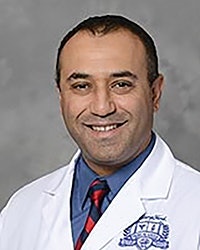 Tamer A. Ghanem, MD, PhD
Tamer A. Ghanem, MD, PhDThe Spotlight on Humanitarian Efforts recognizes AAO-HNS members who are contributing their time and expertise to otolaryngologic patient needs around the globe. These individuals demonstrate integrity and devotion to humanity through a self-giving spirit. They are outstanding models to emulate in fostering a global otolaryngology community. For this issue, the AAO-HNSF International Affairs Program highlights Tamer A. Ghanem, MD, PhD and his work with the Kenya Relief Organization (KRO) and the Syrian American Medical Society (SAMS).
Where do you currently practice and what is your specialty area?
I work at the Henry Ford Health System in the Department of Otolaryngology – Head and Neck Surgery.
What humanitarian efforts are you involved with? And what do these programs do?
I have been involved with two humanitarian organizations: KRO (www.Kenyarelief.org) and SAMS (www.sams-usa.net). KRO was founded by Steve James, CRNA, to provide humanitarian relief to Migori, Kenya, in the form of an orphanage, private school, and hospital that supports multispecialty medical missions with providers from the United States and other countries. SAMS provides medical relief to Syrian refugees in multiple countries, including Egypt, Jordan, and Lebanon.
What got you started in committing your time and practice to humanitarian efforts?
Twelve years ago, medical humanitarian relief was not on my radar as I was working on building my head and neck/microvascular surgery practice at the Henry Ford Hospital. I was invited by one of our certified registered nurse anesthetists (CRNAs) at the hospital who leads medical missions for KRO to go on a mission trip. Up to that point, I had not had any experience with medical missions, but the possibility of using my surgical skills to help others who need the service was of a strong interest to me. I went on my first mission trip in September 2011, and it was a life-changing event. I was amazed by how many patients had endemic goiters and were seeking surgery to help them with their breathing and cosmesis. It was very gratifying to see the difference the surgery made in their lives. After that trip, medical humanitarian relief became a major interest of mine. Since then I have gone on two other missions to Migori, Kenya, with KRO and four missions with SAMS—two trips to Turkey and two trips to Lebanon. I was supposed to go to Kenya again this past March, but the trip was canceled last minute due to the COVID-19 pandemic.
How does your work impact the communities you serve, and how does it impact you as a person?
The work we are involved in has multiple impacts on the different communities we serve. For the work in Kenya, the majority of these patients can’t afford thyroid surgery at private practices, and many government hospitals won’t take their cases as they have long lines of patients who need operations. For Syrian refugees, the CBS show 60 Minutes aired an episode of the activities of SAMS during a multispecialty medical mission in Turkey (https://www.cbsnews.com/news/when-hospitals-become-targets/). For refugees in Lebanon, they have no medical care except for cash for service with private practices. Thus they rely heavily on the SAMS clinics in various parts of Lebanon to get routine medical care, as well as subspecialty care. The types of Syrian refugee patients are very different—from the pediatric population with tonsillar hypertrophy and chronic tonsillitis to young adults with late effects of facial trauma in need of reconstructive surgery.
What would you say to encourage others to support humanitarian efforts around the world?
From my experience, those that give get more back than they give. The feeling of being able to use your skills that you have spent years learning to help another human being in their plight, and witnessing directly their results, is like no other. Also it can be a very rewarding growth experience, seeing different cultures and operating in an unfamiliar environment with conditions that one is not used to.
I recommend for those without experience in medical mission work to find a team of surgeons or anesthesiologists whom they know and go with them on a mission trip. It is important to find out as much information as possible in terms of what types of patients they see, cases they do, accommodations, and instrumentation needs prior to going on the mission trip to be well prepared.
Any other final comments or thoughts?
As physicians we have a tremendous opportunity to make a difference in people’s lives, and medical mission work is a tremendous way to experience that. The opportunity to travel and experience a different culture is very enlightening.

